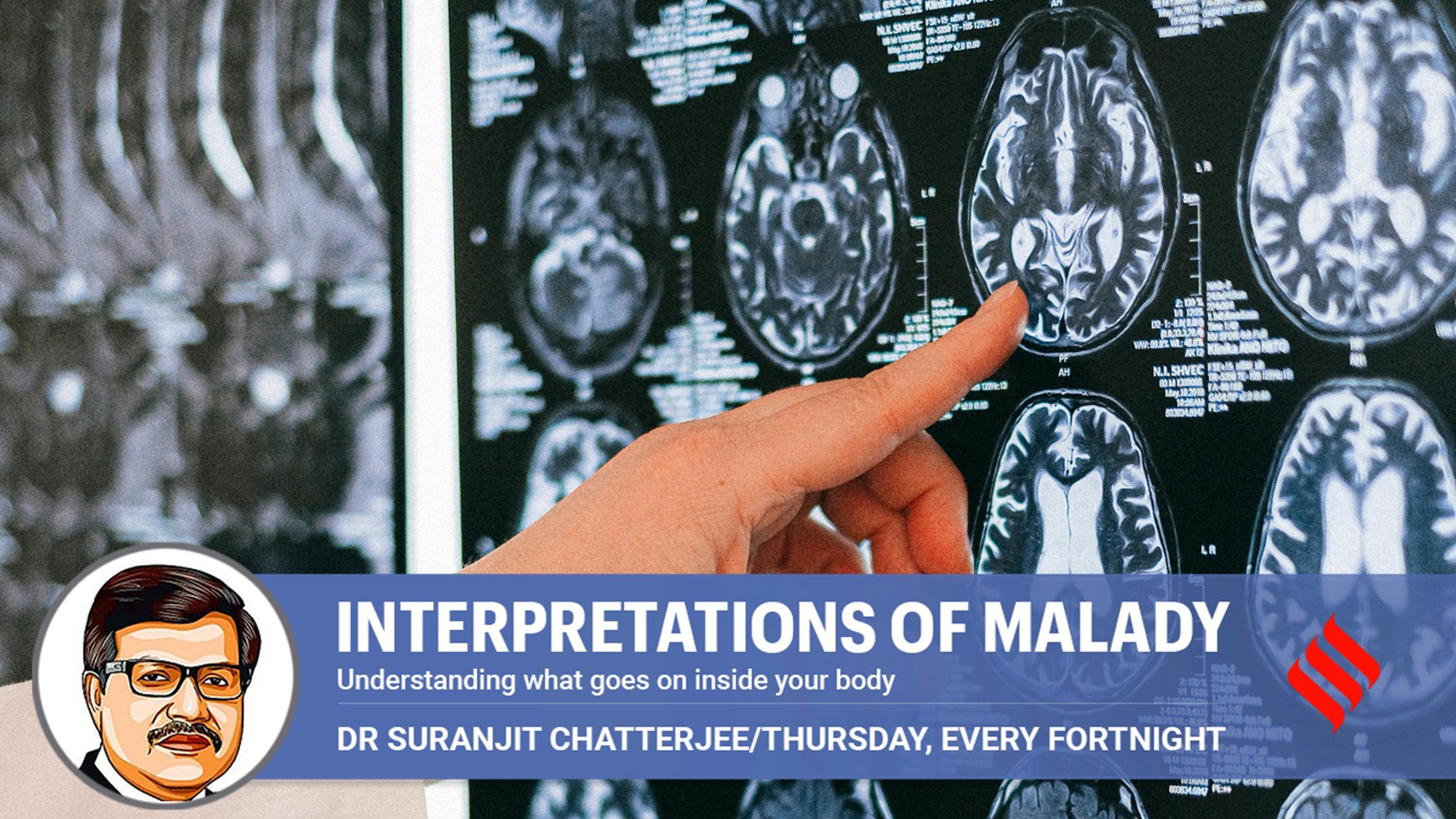Can Vitamin D, Omega-3, Vitamin B 12 supplements boost memory? Here’s all you need to know
Dr Suranjit Chatterjee, Senior Consultant, Internal Medicine, Indraprastha Apollo Hospitals, Delhi, explains why the 50-plus must pop the pill
 While multivitamins show initial promise for boosting brain power, they should complement (not replace) healthy nutrition as we age. (Pexels)
While multivitamins show initial promise for boosting brain power, they should complement (not replace) healthy nutrition as we age. (Pexels)Have you been forgetting where you kept your car keys last and feel your memory is tricking you? You are not alone. As we age, maintaining a sharp memory, quick thinking and good cognitive health becomes increasingly important. However, for adults over 50, the gradual decline in brain and mental functioning begins – difficulty recalling names or dates, processing information more slowly, fuzzy memory of conversations. This cognitive decline happens as we get older. Or does it have to?
Emerging research now suggests that ensuring adequate vitamins, minerals and nutrient levels as we celebrate our 50th birthdays may help safeguard our brain health and slow age-related cognitive decline. Much of this research focusses on daily multivitamin usage.
For younger adults, multivitamins have questionable effects. But studies demonstrate that for ageing populations, these supplements may provide vital support against cognitive failure.
Why do older adults benefit more from multivitamins?
This is because of natural physiological changes associated with progressing years. Our bodies slowly lose the ability to fully absorb some nutrients from food as efficiently. So, while diet remains crucial at any age, supplementation becomes more important for the 50-plus.
Additionally, research published by scientists at the Wake Forest School of Medicine reveals that cognitive impairment correlates strongly with vitamin deficiencies in older test groups. Filling these nutritional gaps with supplements showed significant improvements.In 2022, researchers demonstrated that a daily multivitamin over a six-month period improved memory and information processing in men over 50. The benefits extended the longer these supplements were taken.
How do multivitamins aid brain function?
The mechanisms linking nutrient intake with cognitive health are still under investigation. However, scientists hypothesize that vitamins feed metabolic pathways vital for neural functioning. Deficiencies starve the brain of compounds that likely maintain connections between neurons.
Additionally, vitamins like C, E and beta-carotene demonstrate antioxidant properties. This enables them to reduce damaging inflammation linked to mental decline.
Which micronutrients matter the most?
While many vitamins and minerals likely contribute to optimal neurological health, research spotlights a few key players:
- Vitamin B12
- Vitamin D
- Omega-3 Fatty Acids
- Vitamin E
- Folate
Seniors are frequently deficient in these micronutrients. But restoring adequate levels could pay dividends for defending memory and cognition.
Consult your doctor about what’s recommended
Before running out and grabbing the first multivitamin you see, have a conversation with your healthcare provider about what supplements make sense for you based on your diet, medical history and more.
While multivitamins show initial promise for boosting brain power, they should complement (not replace) healthy nutrition as we age. Paired together, eating right and taking the right supplements make for the right strategy.
- 01
- 02
- 03
- 04
- 05































